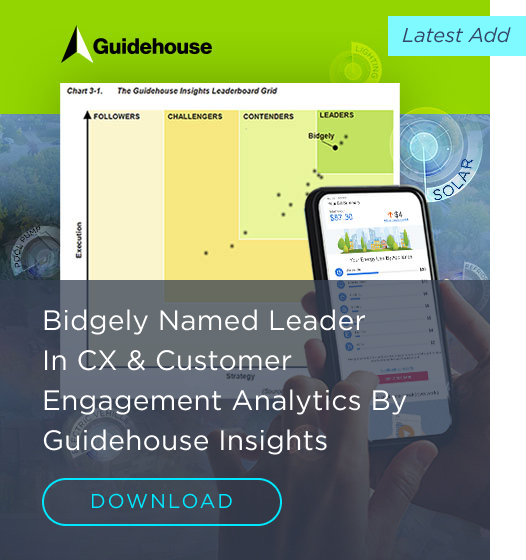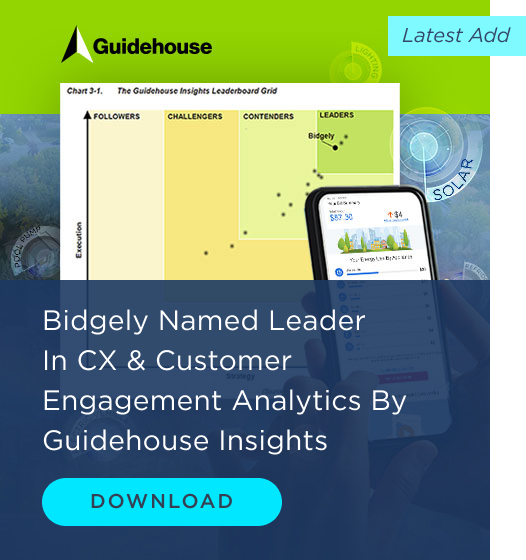Data as a Proxy for Customer Voice
“We’re working diligently to increase minority participation in our electric vehicle, energy efficiency and solar programs,” says William Ellis, Regional Vice President of External Affairs at Pepco. “Our commitment to our communities is well recognized, but now we are taking it a step further. We’re actively seeking to understand, address and remove the barriers that are preventing some of our customers from participating – whether those barriers are financial, cultural, educational awareness, or even public policy. And we want to ensure that our most vulnerable customers – those who need our programs the most – are able to realize benefits that they’ve been promised so that all of our communities can thrive.”
If energy providers could, they’d have one-on-one conversations with every customer and get to know them — who they are, their values, their preferences, and how they can provide the best possible service. Of course, that’s not realistic, but in many ways, data can serve as a powerful proxy for the customer voice, helping to ensure that the clean energy future is informed, inclusive, trusted, and truly sustainable
Ellis agrees, saying that the foundation for successfully removing barriers to participation is data analytics.
“We’re taking a data-driven approach that we call ‘total marketing’ which looks at demographic, geographic and other participation data to identify the unique needs of all customers as a means to make certain that customers who have historically been underrepresented in our programs are able to take part moving forward.”
Bidgely is partnering with energy businesses worldwide to provide precisely that type of 360° consumer profile for every customer in a service territory to enable meaningful, inclusive EV and other clean energy transition program designs.
Conventional tools such as mass surveys, focus groups and manual utility population data collection take time, are static, lack granularity, don’t update consistently and fail to account for behavioral and lifestyle aspects in their models.
Bidgely instead builds a much more holistic and accurate 360° profile of every customer by analyzing raw energy consumption AMI data using sophisticated machine learning and statistical solutions to pinpoint essential attributes that describe people’s behavior, lifestyle and other characteristics. These hyper-personalized customer profiles enable more effective and engaging education and program recruitment.
Ellis says personalized messaging is essential to foster trust. “A quote I always come back to is ‘people don’t care what you know, until they know that you care.’ And that’s the same with our marketing. Our customers have to have confidence in what we say and see us as a trusted energy advisor, which stems in large part from making sure every customer is able to see themselves in the marketing that we produce.”














